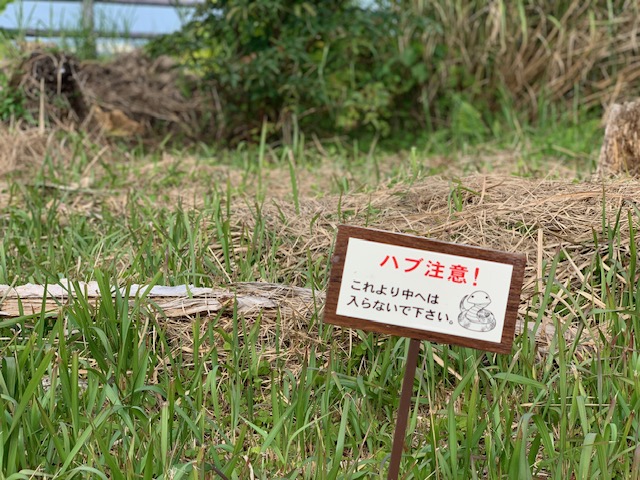中学・高校生の頃、「アベック」で仲良く登下校している奴らが羨ましかったー
(-_-;)
今みたいに学校が週休二日制ではなくて土曜も授業がありましたが
その土曜の授業を「半ドン」という名称だった
その後、大人たちのお仕事も週休二日制が導入されたトキには金曜夜には「花金」
と絶叫する大人たちが居酒屋でドンちゃん騒ぎしてました
時を同じく女性の社会活躍を声高に唱える政党が出現し、そういった活動、または周りの迷惑を考えない言動をする中高年女性は「オバタリアン」と呼ばれ恐れられる存在だったのを覚えてます
そんな中、何を言われても何をされても自分には響かないよ!と表現する言葉に
「余裕のよっちゃん」が微笑ましい姿勢で輝いていた。
子供たちは遊びの中でちょっと中断して欲しいときは、「ちょっとたんま」
と宣言してトイレにいったり、そのまま帰ってしまったり(-_-;)と
これは「ちょっとタイム」が変化した言葉ね
昭和の頃の思い出です
今のニーニー・ネーネーは分らんワードだらけでしょうね
これを知ってると思った貴方!かなりオジサン・オバサンでしょー(´▽`)。

When I was in junior high and high school, I envied those couples who walked to and from school together, known as “Aveck” (-_-;). Back then, schools had classes on Saturdays, referred to as “han-don.”
Later, as the adult world transitioned to a two-day weekend, Friday nights became “hanakin,” with adults shouting and celebrating at izakayas. Around the same time, political parties advocating for women’s social participation emerged. Middle-aged women engaging in such activities or displaying inconsiderate behavior were called “obatarian” and feared.
Amidst this, the phrase “yoyu no yocchan” (easygoing attitude) shone brightly, expressing the ability to remain unfazed by whatever was said or done.
We used to interrupt our play by declaring “chotto tanma” when we needed a break, going to the restroom or sometimes just leaving altogether (-_-;). This was the equivalent of the modern “chotto time.”
These are memories from the Showa era. The slang words “ni-ni” and “ne-ne” probably sound unfamiliar now. If you recognize them, you’re quite the middle-aged man or woman (´▽`).
